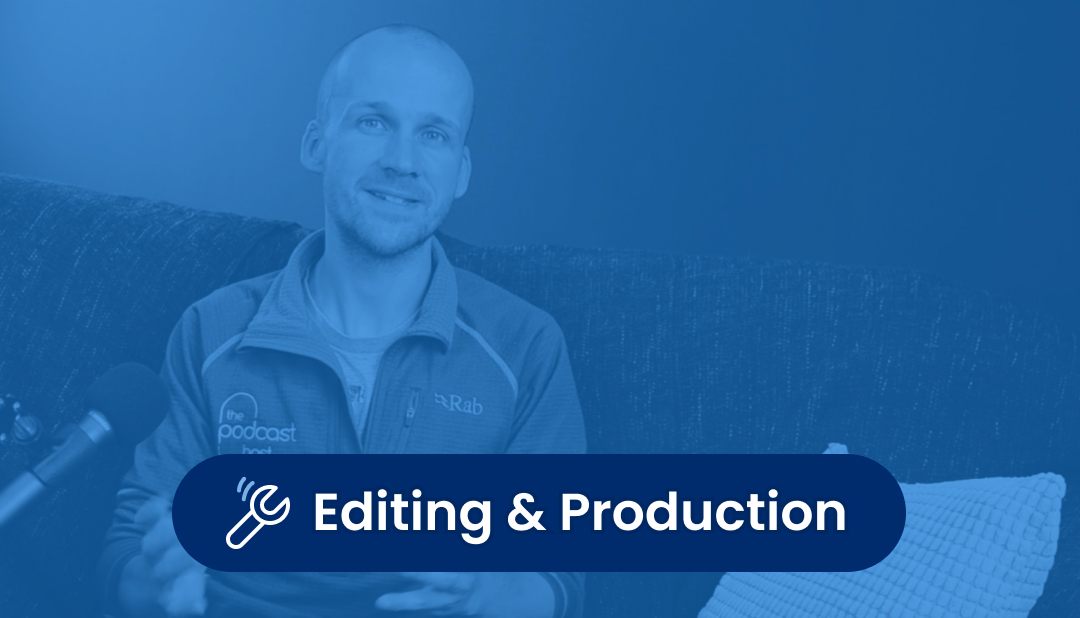Our Most Recent Posts
Explore most recent posts on this topic
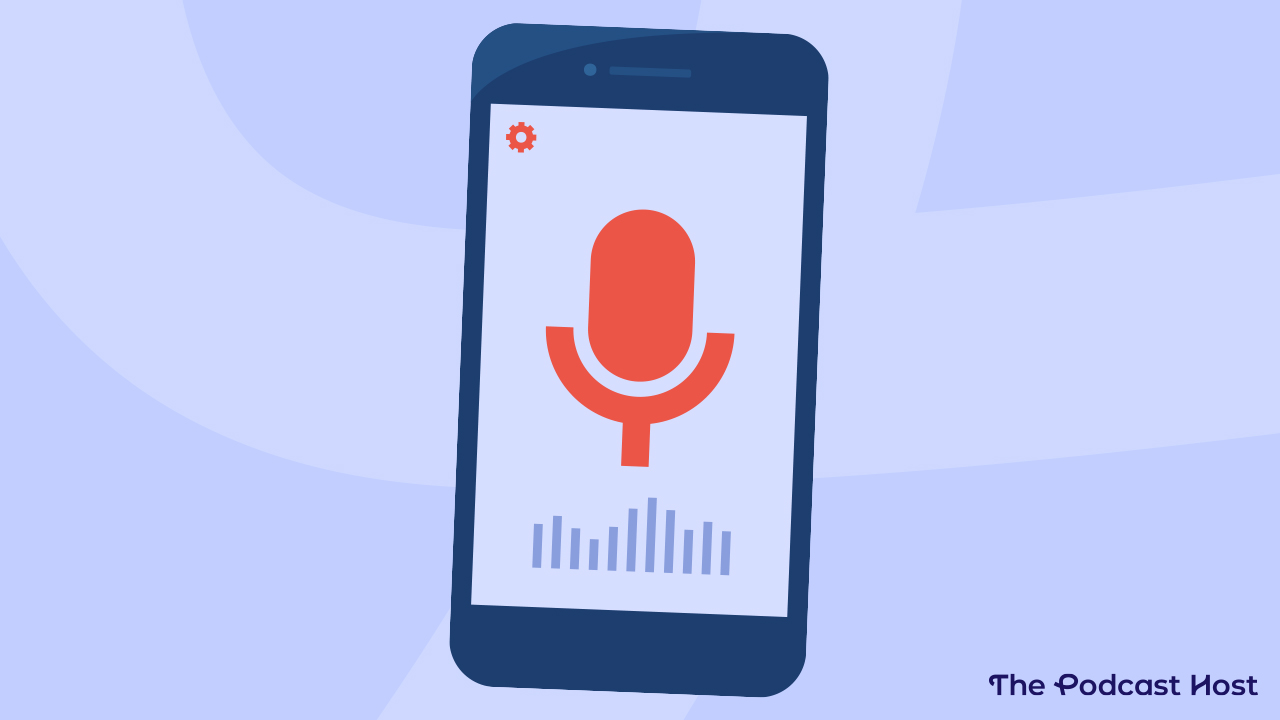
Best Podcast Making Apps to Make Podcasting Simple
What are the best podcast making apps in 2023? What can they do? How much do they cost? And how do I choose the right on...
Read more »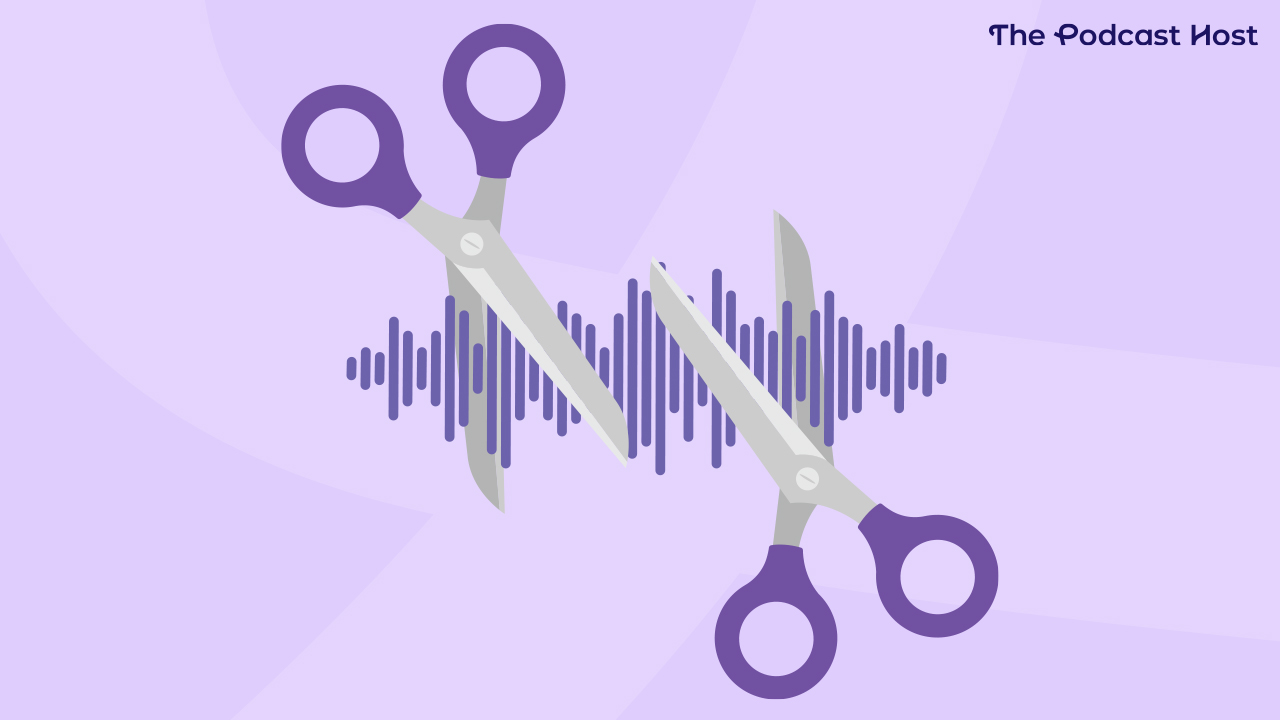
How to Edit a Podcast Faster: The Quick Click Method (+ 2 Others!)
Want to edit a podcast faster? Variable playback speed, text-based editing, and the 3-click editing method can save you...
Read more »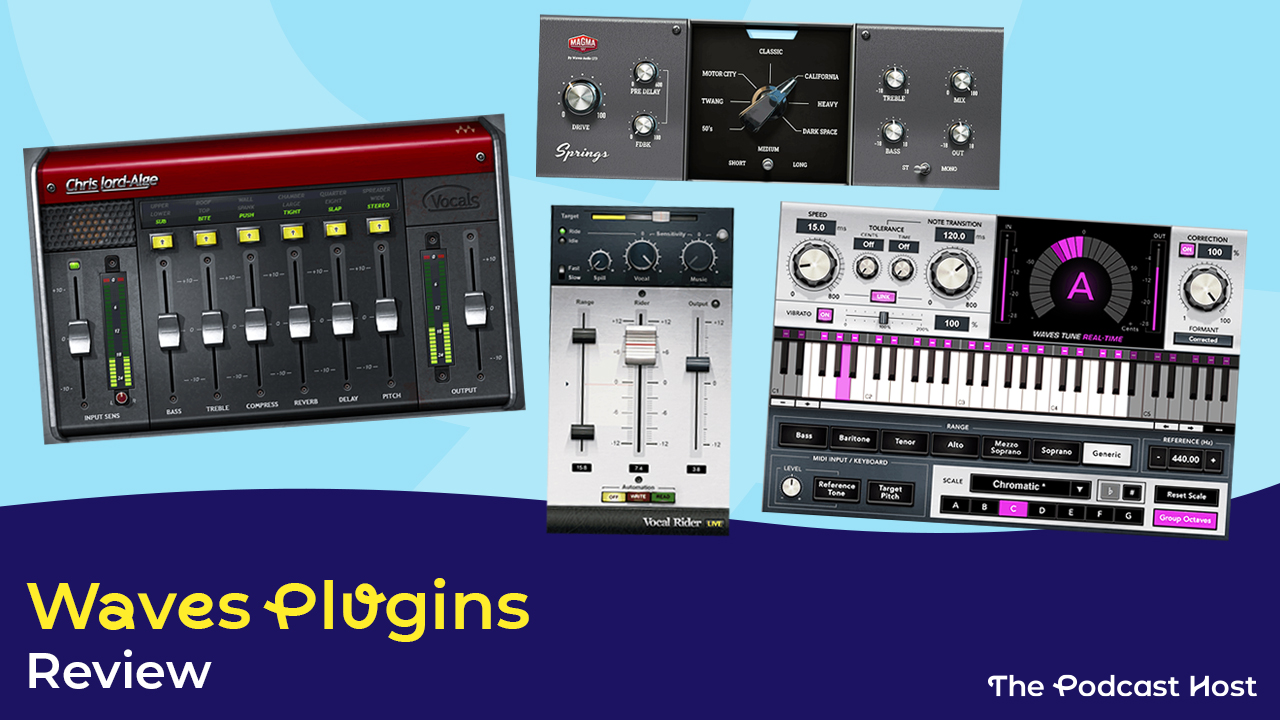
Waves Plugins for Podcast Production: Sailing the Waves of Sound
These Waves plugins for podcast production can help streamline your workflow and enable you to take your sound quality t...
Read more »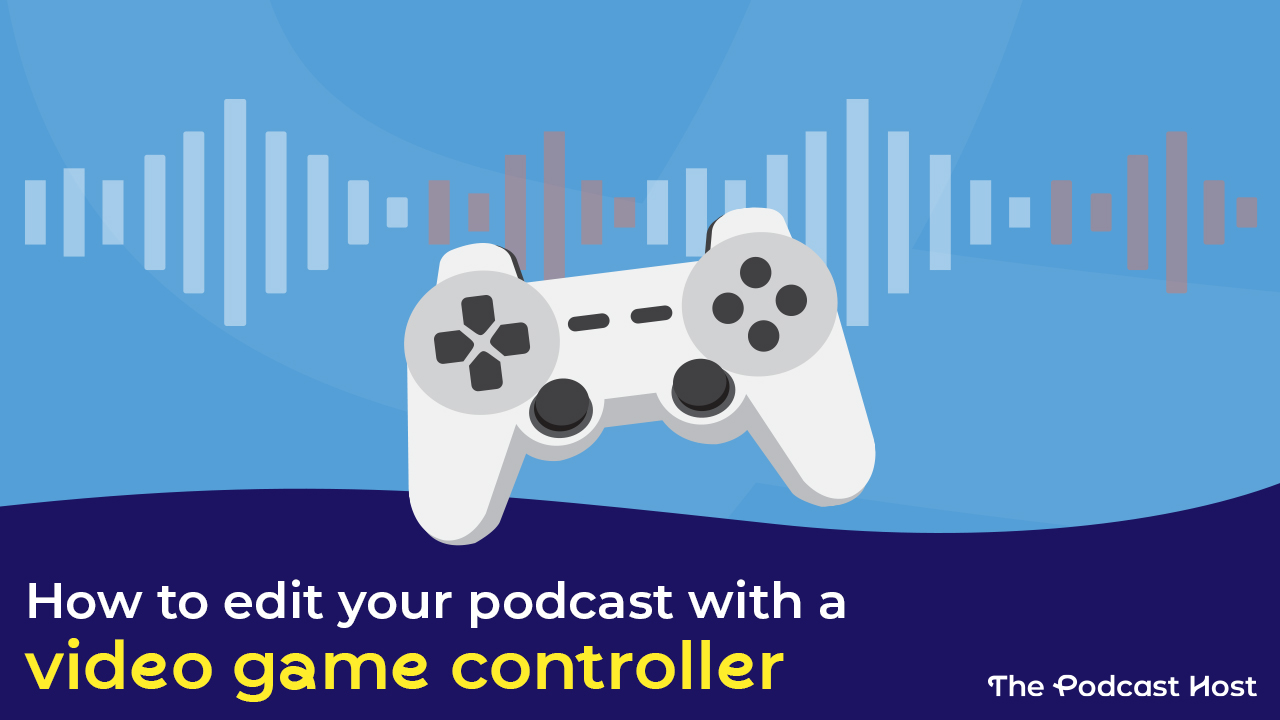
Why You Should Use a Video Game Controller to Edit Your Podcast
Adding a game controller to my audio workflow is one of the best decisions I’ve ever made. Here's why you should try it...
Read more »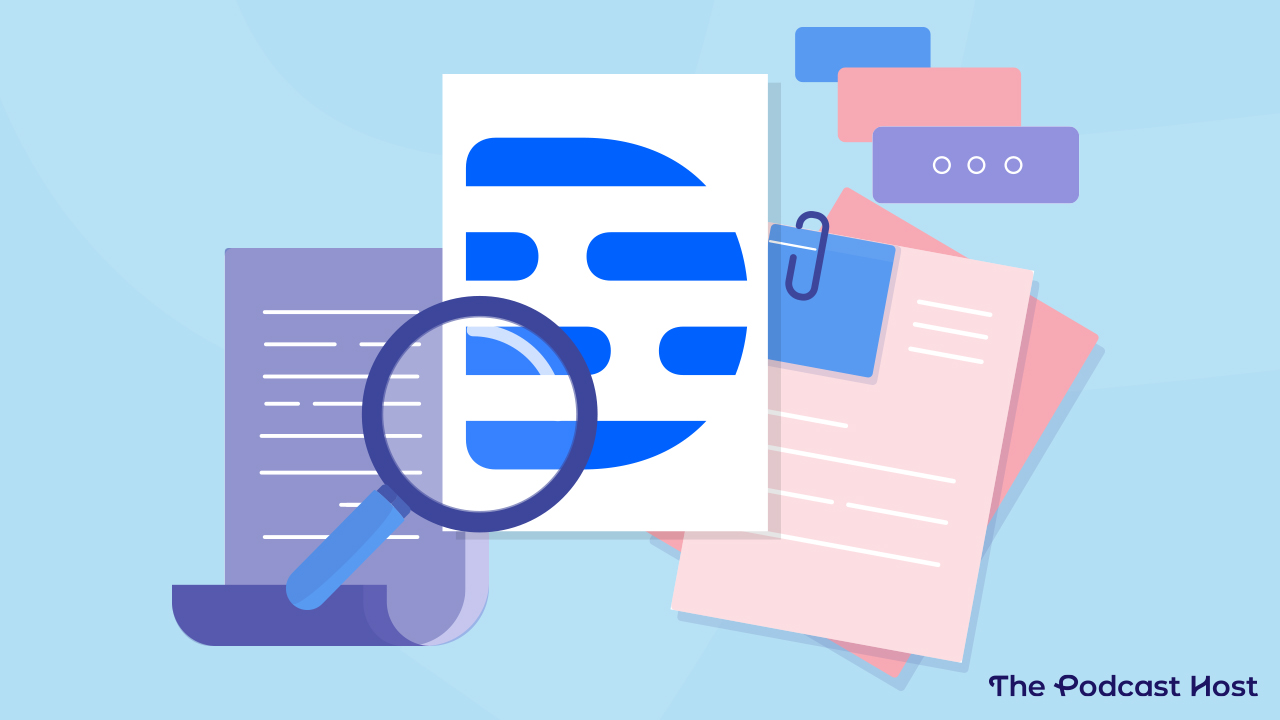
Descript Review: Transcription, Overdubbing, & Video Podcasts
Descript eliminates a lot of obstacles between the average person and podcasting. Is it right for you.
Read more »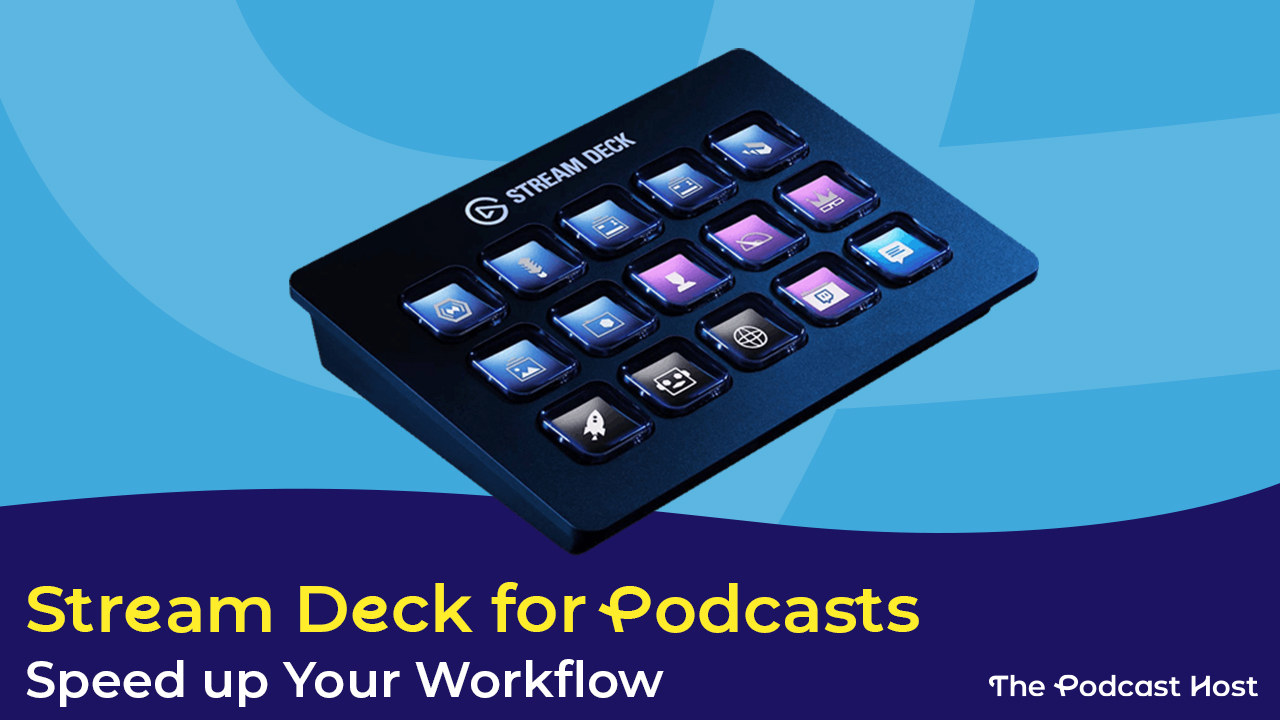
Stream Deck for Podcasts: Speed up Your Workflow (& Avoid RSI!)
An introduction to using a Stream Deck for podcasts. Learn how to speed up your workflow, avoid RSI, & recognize shortcu...
Read more »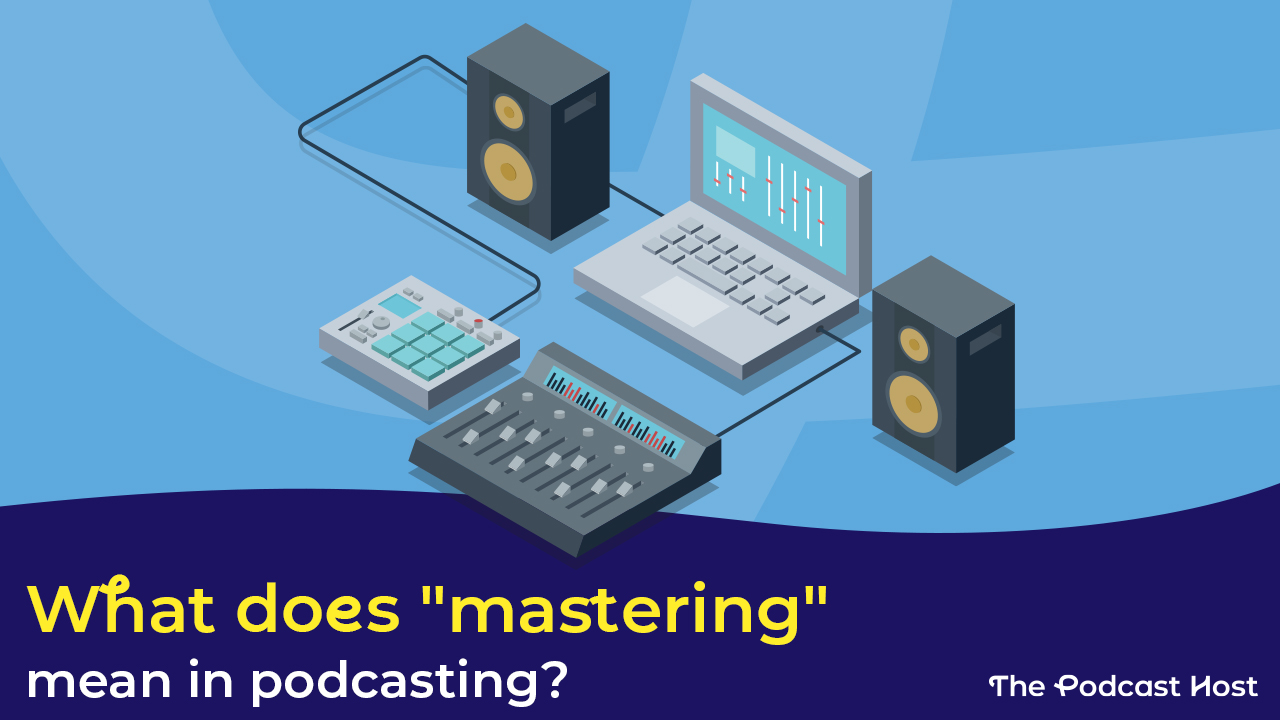
What Does “Mastering” Mean in Podcasting?
Low or inconsistent volume or distracting noises in your podcast can turn a listener off. Use a mastering step in your e...
Read more »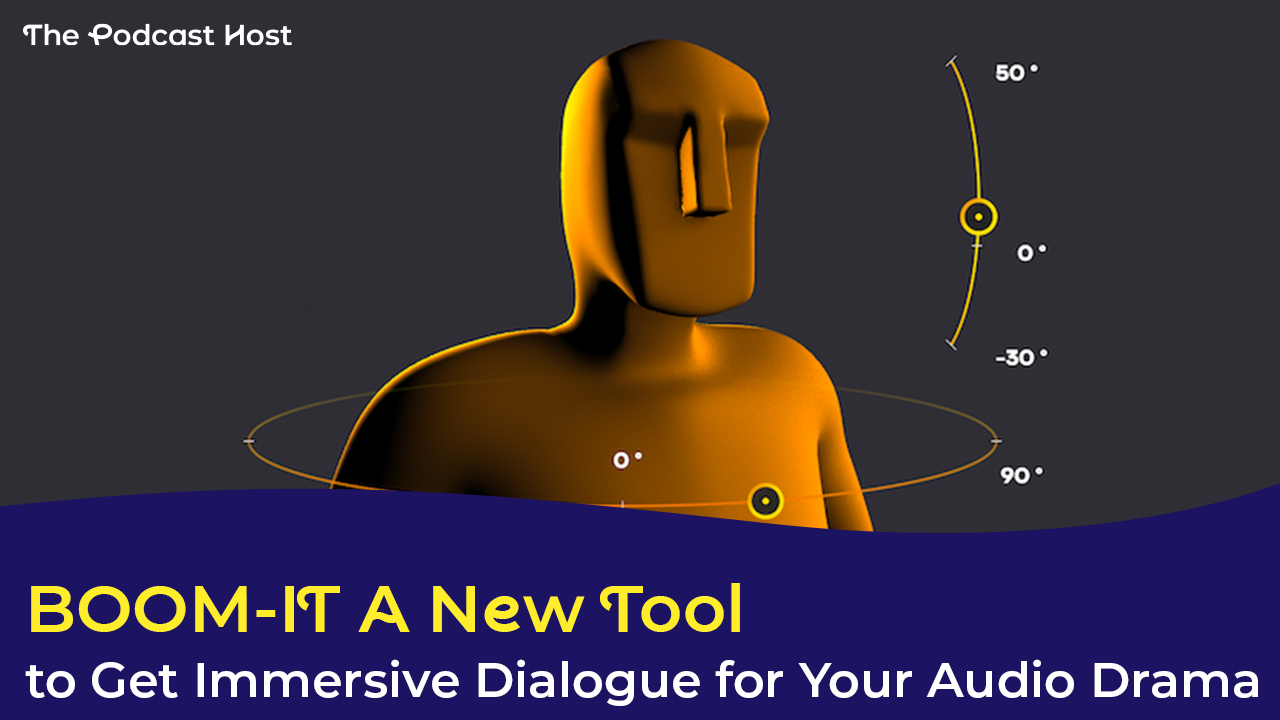
Boom-it Review: Immersive Dialogue for Your Audio Drama?
A comprehensive review of software Boom-it for immersive audio for audio drama.
Read more »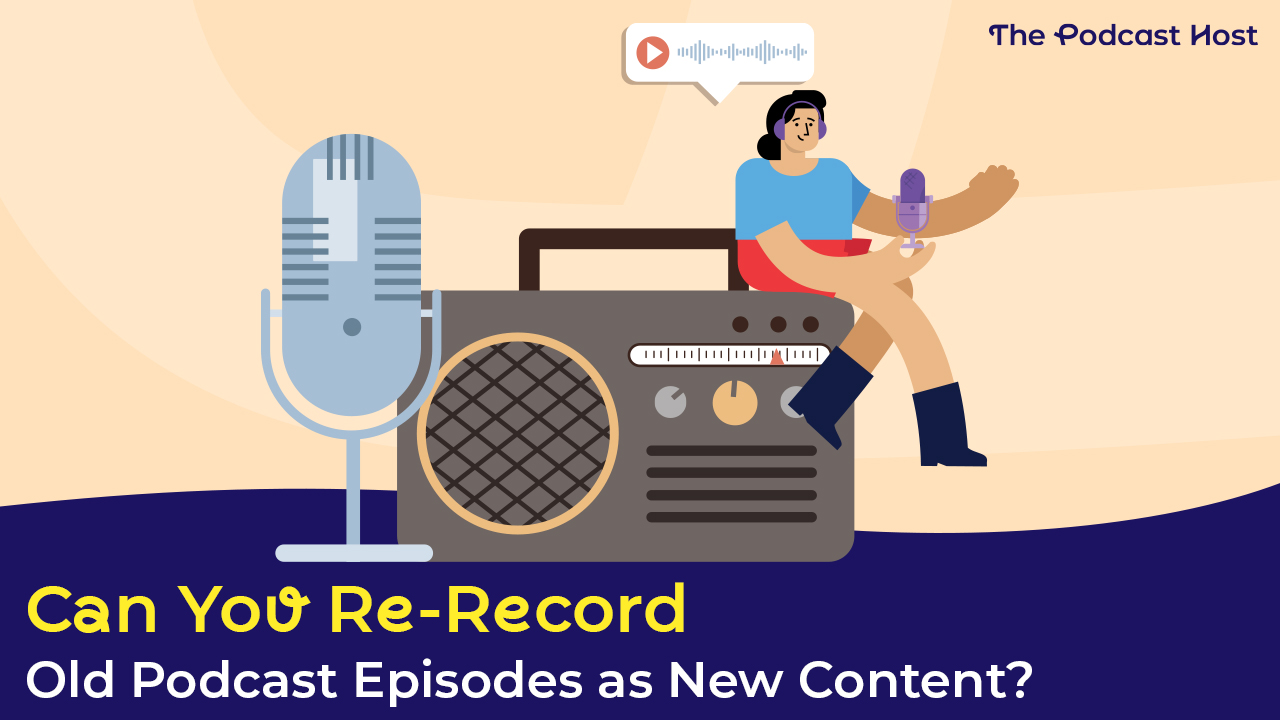
Can You Re-Record Old Podcast Episodes as New Content?
Can you re-record old podcast episodes? Let's talk about breathing new life into old scripts and topics to save time and...
Read more »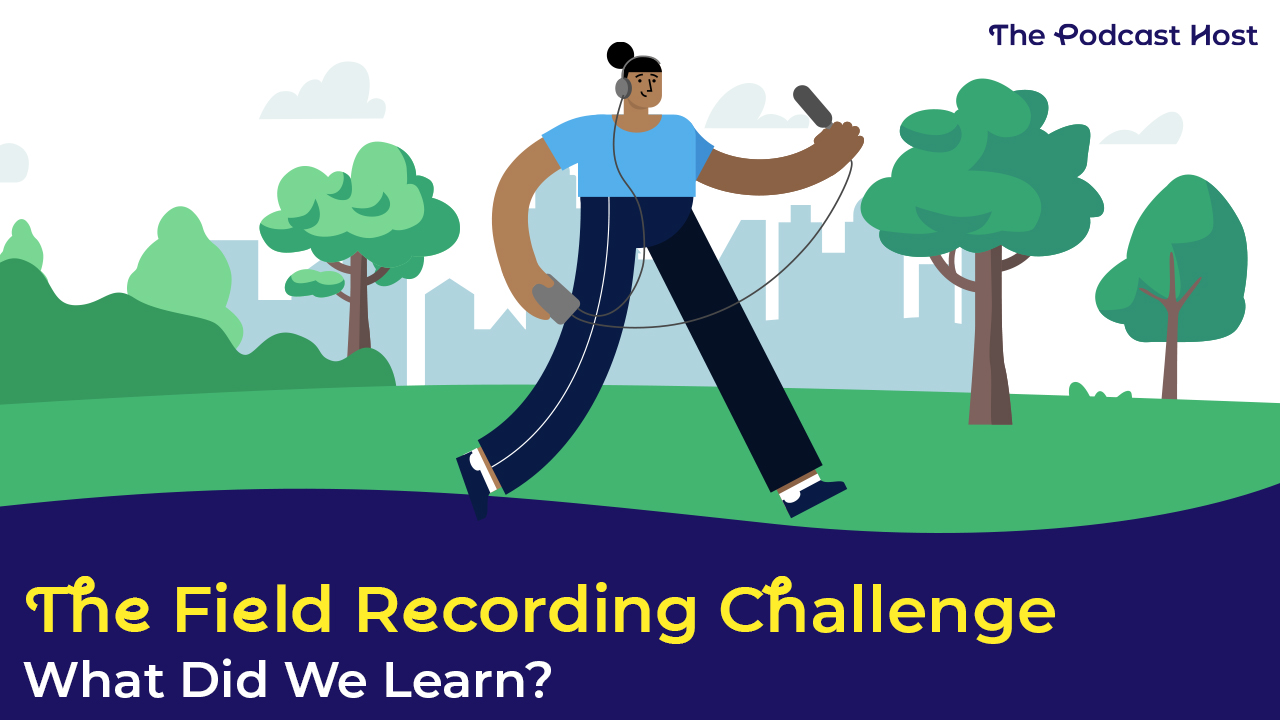
The Field Recording Challenge: What Did We Learn?
The Field Recording Challenge reminded us of the fundamentals of sound recording, while inspiring us in new ways. Here a...
Read more »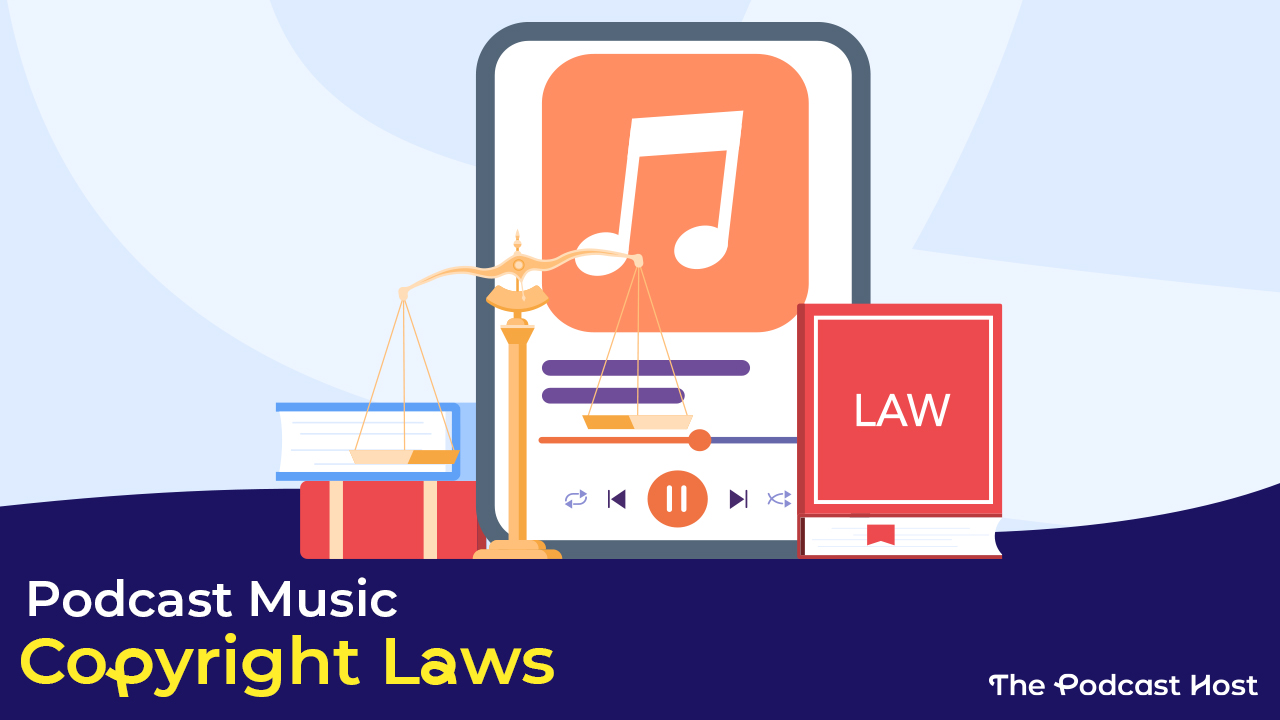
Podcast Music Copyright Laws | Can I use a Song in my Podcast?
Music copyright is a thorny subject. Can you use a song that's been copyrighted in your podcast.
Read more »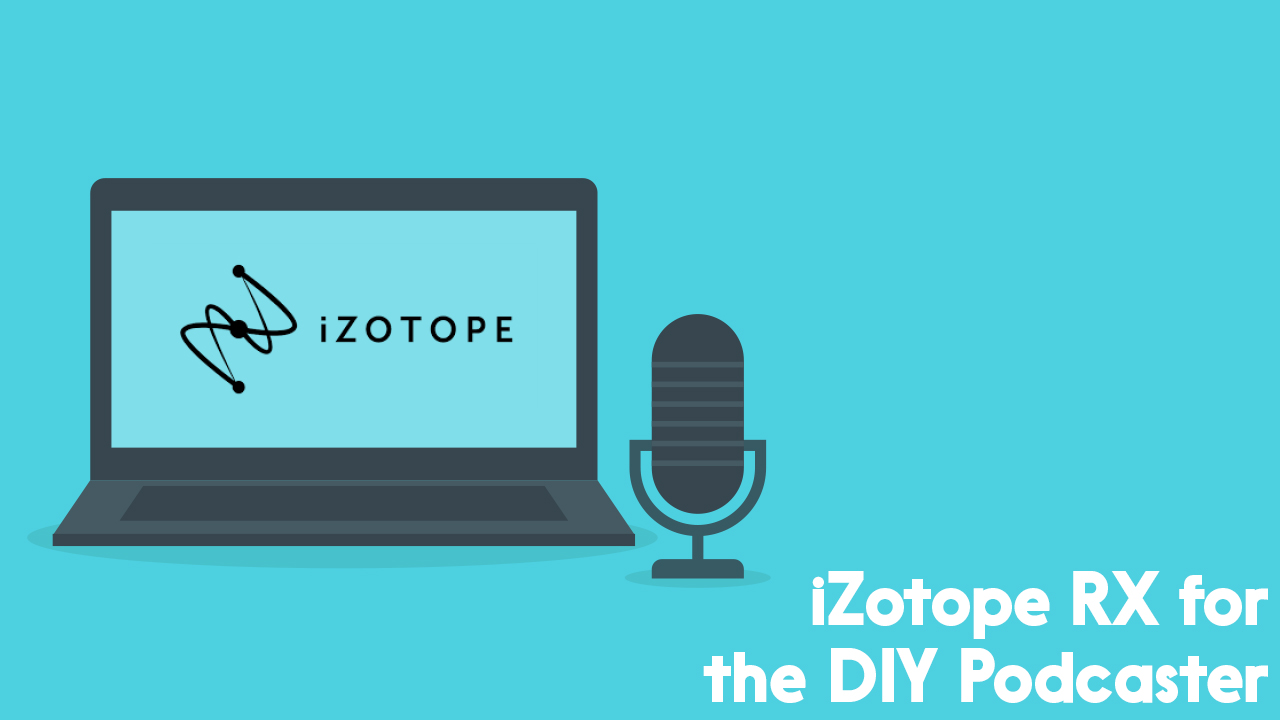
iZotope RX Review for the DIY Podcaster
"Noise Reduction" is a term that is thrown around quite a bit these days – especially in the booming industry that is po...
Read more »